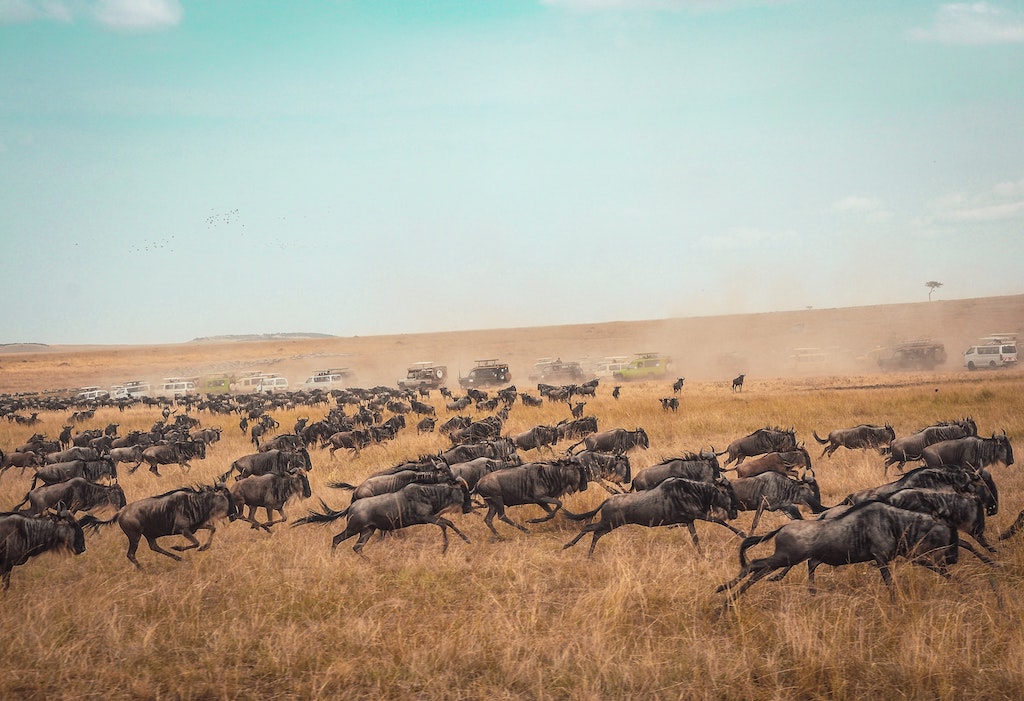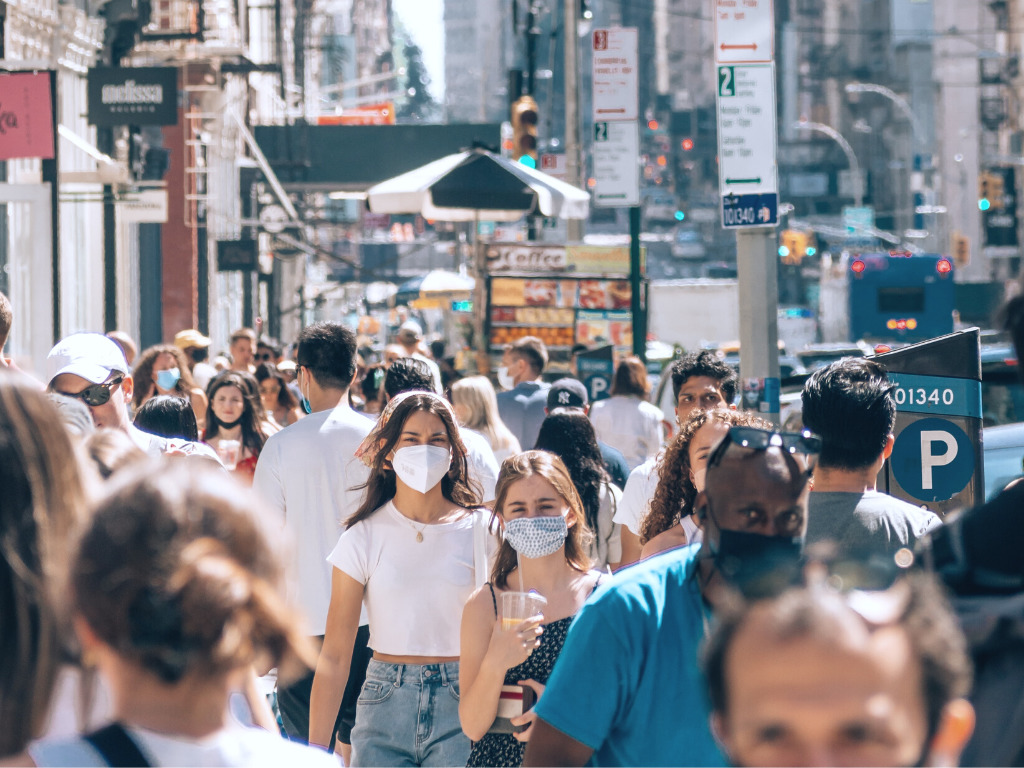3 Mins Read
Climate change isn’t just bringing rising temperatures and rising sea levels. According to new research, it’s bringing a rising risk of infectious disease.
A new study published last week in the journal Nature points to “thousands” of new viruses spreading from animals to humans by 2070 as a result of climate change.
Researchers out of Georgetown University used a model to look at the likely migration patterns of more than 3,000 mammal species as warming temperatures impact their food sources and mating locations. This shift would bring increased risks of infectious diseases that jump from animal to human.
The study found that countries across Africa and Asia are most at risk as they’re already the hotspots for deadly animal-to-human infections including HIV, Ebola, and covid.

The study is “a critical first step in understanding the future risk of climate and land-use change on the next pandemic”, says Kate Jones, who models interactions between ecosystems and human health at University College London.
Climate change impact
The model looked at a 2°C temperature rise over the next 50 years, which they say is likely. The recent installment of the IPCC’s Sixth Assessment found temperatures are likely to surpass 1.5°C in the next several years, even if just temporarily. Warming past the 1.5°C target set by the Paris Accord is expected to bring extreme weather, rising sea levels and temperatures, as well as habitat and biodiversity loss.
With that increase in temperatures, the new research estimates the cross-species virus spread will happen more than 4,000 times just between mammals, but birds and marine life could bring other risk factors. They were not part of the study.
Bats, which have been identified as a likely source of the covid-19 virus, are expected to play a larger role in the spread of climate-caused viruses. The flying mammals are less likely to experience barriers to habitat shifts as temperatures rise, the researchers say.

This is the first research of its kind; other studies have examined the impacts of deforestation, decreasing animal populations, and even the illegal wildlife trade, which all play parts in animal-to-human disease spread. But little has been known about how much of an impact warming global temperatures will have on the risk of animal-to-human infections.
Not all virus jumps will lead to covid-level pandemics, but cross-species viruses will increase the risk.
A call to action
“We don’t talk about climate a lot in the context of zoonoses” [diseases that can spread from animals to people], said study co-author Colin Carlson, an assistant professor of biology at Georgetown University. Carlson, who contributed to the latest IPCC report as well, says the new study brings together “the two most pressing global crises we have.”
Study co-author Gregory Albery, a disease ecologist at Georgetown University, said findings warrant increased efforts to address the risk.

“This work provides us with more incontrovertible evidence that the coming decades will not only be hotter, but sicker,” Albery says.
“It is not preventable, even in the best case climate change scenarios.”
The researchers are urging for drastic cuts in emissions to help thwart the climate crisis. The findings come on the heels of another study that called for a 75 percent decrease in meat consumption in the wealthiest countries. Meat is a leading producer of emissions including CO2 and the more heat-trapping gas, methane.
Photo by Yoav Aziz on Unsplash



